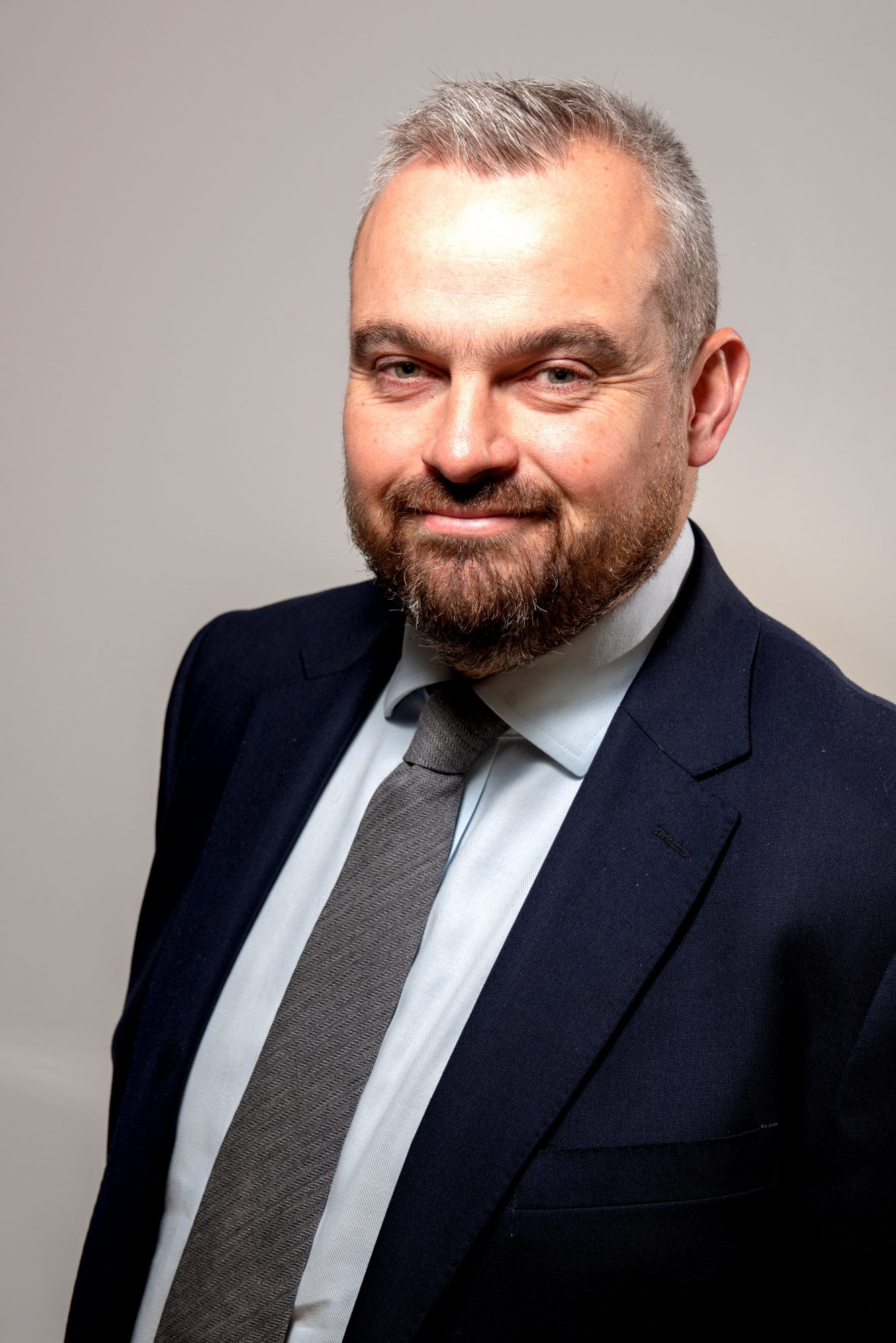Chief Executive for Action on Hearing Loss, Mark Atkinson charts the priorities for research into deafness, hearing loss and tinnitus towards a cure
Most people take their hearing for granted, but its loss can be devastating – cutting people off from their friends and family, affecting their health and wellbeing, education and employment. Recent research shows that the risk of developing dementia is increased two to five-fold amongst those with hearing loss. It is also associated with huge economic costs. To put it in perspective, the World Health Organization estimates that globally unaddressed hearing loss costs around $750 billion every year.
It is a global issue affecting over 460 million people around the world, 11 million people in the UK alone – that is one in every six of us. And, with 1.1 billion young people at risk of developing it due to listening to high levels of recreational noise and living longer in general, it is a growing issue that society must urgently tackle.
Yet, despite the vast numbers of people affected and its impact, medical treatments for hearing loss have remained largely unchanged for decades – limited to hearing aids and cochlear implants. Whilst these devices deliver significant benefit, they cannot replace natural hearing and many people using them still struggle to hear well – particularly in noisy environments.
That’s why the research we fund into hearing loss is so important. We want to find effective treatments to prevent hearing loss, therapeutics to restore hearing for those who choose to use it, and treatments to silence tinnitus that affects more than 6 million people in the UK alone.
New treatments
Hearing loss can be caused by exposure to loud noise, ageing, gene defects, infections and the harmful side effects of certain life-saving medicines. As our understanding of these factors has grown, it has opened the door to the development of drugs to help prevent them.
Our own research, for example, has helped to identify a gene that increases susceptibility to noise-induced hearing loss, and shown that a drug can reduce the risk in animals. Pragma Therapeutics, a French biotech company, now plans to take the drug into clinical trials. Hearing loss is one of the most common disabilities among veterans, so a drug treatment to prevent this type of hearing loss is of particular interest to the armed forces.
Our ears are unable to replace many of the cells and structures that cause hearing loss when damaged. That is why most hearing loss is permanent. One approach to restoring hearing is to understand how the ear produces these cells during development, and then find a way to reactivate these processes in a damaged ear. Amazingly, scientists have already discovered some of the genes and biological processes involved, and treatments to activate them are already being clinically tested.
An alternative approach, which we have been supporting, is to use stem cells to replace damaged auditory cells. Scientists in Sheffield are making rapid progress towards this goal. They have shown that it is possible to generate auditory neurons – the cells that carry information about sound from the ear to the brain – from human stem cells in the lab. And, that these cells can then be used to repair damaged nerves recovering on average 45% of hearing in animals.
Growing investment in clinical research
There are currently over 20 different treatments in clinical trials and pharmaceutical companies, and encouragingly big investors are helping move promising treatments through clinical trials.
Between 2013 and 2017, $299 million of venture funding was secured by companies developing treatments for hearing loss, compared to just $86 million in the preceding five years (BioCentury, 2017).
Excitingly, several deals have been made between big pharma and smaller companies in recent years. In one promising partnership, Novartis’ gained exclusive rights to Genvec’s gene therapy that aims to restore hearing. Novartis has now taken it into clinical trials. So, big pharma is standing ready to bring promising new treatments to market as they emerge.
Remarkable progress is being made and we are now within touching distance of a new era for people with hearing loss and tinnitus, one in which drug, gene and cell therapies promise to transform their lives. Now is the time for charities, statutory funders and industry to increase investment in developing treatments for hearing loss.
To help fund our research into treatments for those seeking them, please donate: www.actiononhearingloss.org.uk/donate
Mark Atkinson

Chief Executive
Action on Hearing Loss
Tel: +44 (0)808 808 0123
information@hearingloss.org.uk











